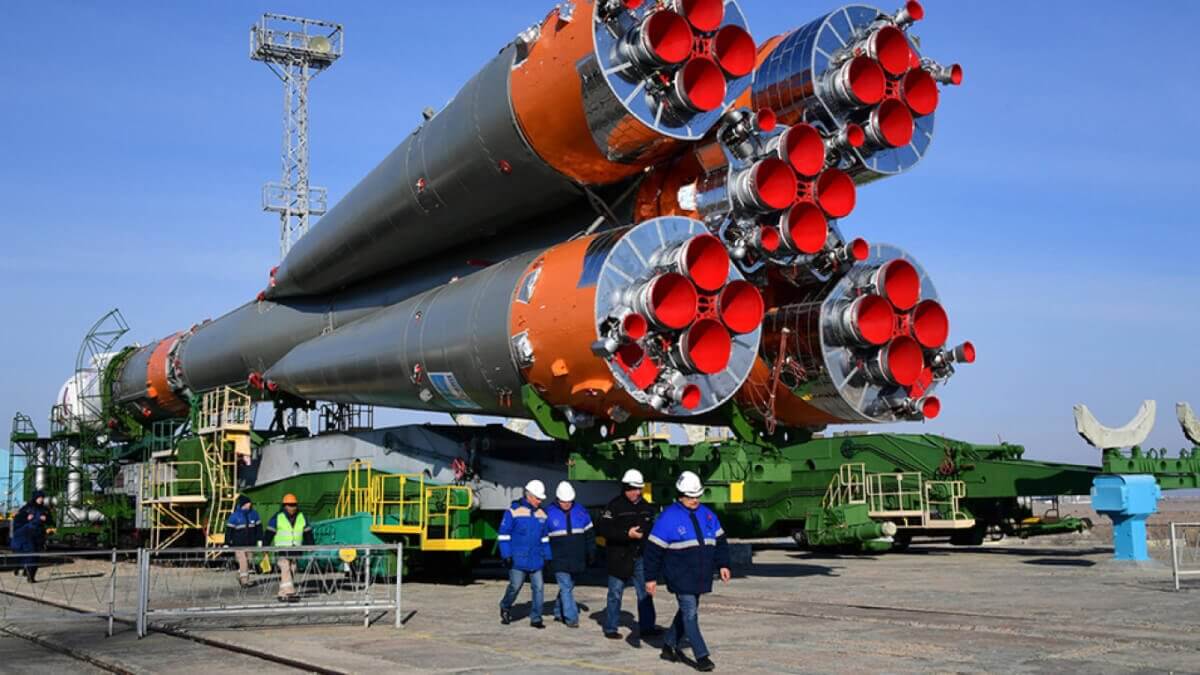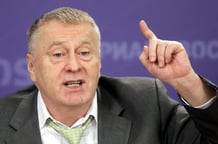Firm “CosmosCourse” will take part in the creation of a draft design of a new carrier “Amur-LNG” – a domestic rocket with a reversible first stage
Russia has made a significant step in the development of private astronautics. For the first time in Russian history, a private company, CosmosCourse, was allowed to participate in the competition for the development of a launch vehicle.
The information was confirmed by the general director of “KosmosCourse” Pavel Pushkin. “Indeed, they were admitted to the first and second stages. For the first time, on missiles, most likely, yes,”.
We are talking about the creation of a draft design for a new carrier “Amur-LNG” – a rocket with a reversible first stage and engines running on burnt natural gas. The contract value is $5.3 million, and such monsters of the domestic rocket industry as the Progress Rocket and Space Center and the Khrunichev Center will fight for the right to create a project along with KosmosCourse. The former manufactures the main “workhorse” of the Russian rocket industry – the Soyuz family, while the other produces the heavier Protons and the promising Angara.
A dark horse
Against their background, KosmosCourse does not look like a strong player. The company was founded in 2014 within the framework of the Skolkovo Foundation by a former employee of the Khrunichev Center, engineer Pavel Pushkin. At the same time, the firm has a single sponsor who prefers to remain anonymous.
The company’s official goal is to create light rockets and a passenger module that will be suitable for 15-minute suborbital flights. This link is supposed to be used for the provision of tourist services. At the same time, the company’s staff is only 30 people.
According to the materials published by the company on social networks, the team is currently busy assembling an ignition system stand, during which they constantly encounter low-quality components that are sent by suppliers. In other words, no serious production base can be seen behind the shoulders of newcomers.
Nevertheless, KosmosCourse does not look like an outspoken office of Horns and Hooves: in 2015-2016, the company was able to agree with Roskosmos on the terms of reference for the creation of a spacecraft for suborbital flights, and in 2017 it received a license to carry out space activities. True, it has not yet come to the implementation of the project in metal: the initial test launch from the Kapustin Yar cosmodrome, originally planned for 2020, was postponed to 2023, and the first flight with tourists is not expected until 2025 at all.
Drafts of change
Nevertheless, the admission of KosmosCourse to the development of Amur-LNG may become a serious step towards rectifying the situation in Russian space exploration. A few years ago, market participants complained that Roscosmos does not even allow them to familiarize themselves with basic regulatory documents, such as the “Regulations on the procedure for the creation, production and operation (use) of rocket and space complexes – Regulations RK-11” and “Regulations on the licensing of space activities “.
“First, it’s even difficult for them to get this RC. Although there is nothing secret there, we habitually put the stamp “Secret” so that nothing happens. We need to turn this situation inside out because excessive classification harms economic development, ”urged Ivan Moiseev , a member of the expert council under the government of the Russian Federation, deputy director for research at the Institute of Space Policy.
The monopoly of the state at all stages, from the development of requirements for spaceships to the sale of launch services, has led to the extremely low efficiency of the industry. In 2007, the Ministry of Economics conducted a study that showed that labor productivity in the US space industry is about 33 times higher than at Russian enterprises. European companies bypassed Russian missile men on this indicator by about 10 times.
“The recent launch of Crew Dragon showed that SpaceX performs the same volume of space work as the entire Russian Federation as a whole (somewhere more, somewhere less, but on average – about the same volume, in addition – on a significantly better technological base) … SpaceX employs eight thousand people, in the Russian space industry – 240-250 thousand. Accordingly, 240/8 = 30, which correlates well with the results of a study by the Ministry of Economic Development, “Moiseev explained to Novaya Gazeta in June this year.
The invasion of purely state patrimony of a private trader, even if not the most powerful, is already a big step forward.
At the same time, the tourist KosmosCourse with an unknown beneficiary is by no means the only Russian company capable of doing space business. Among the most serious contenders are S7 Space, which, with the support of the state, returned the floating Sea Launch spaceport to Russia from the United States, as well as companies engaged in the production of satellites: Sputniks, Dauria Aerospace, and others.














